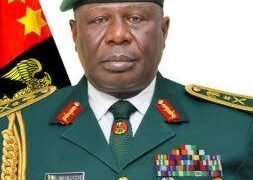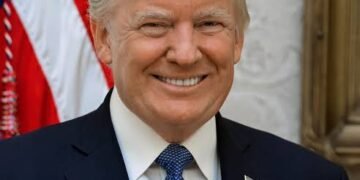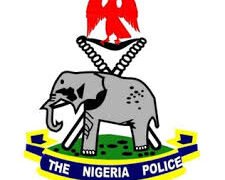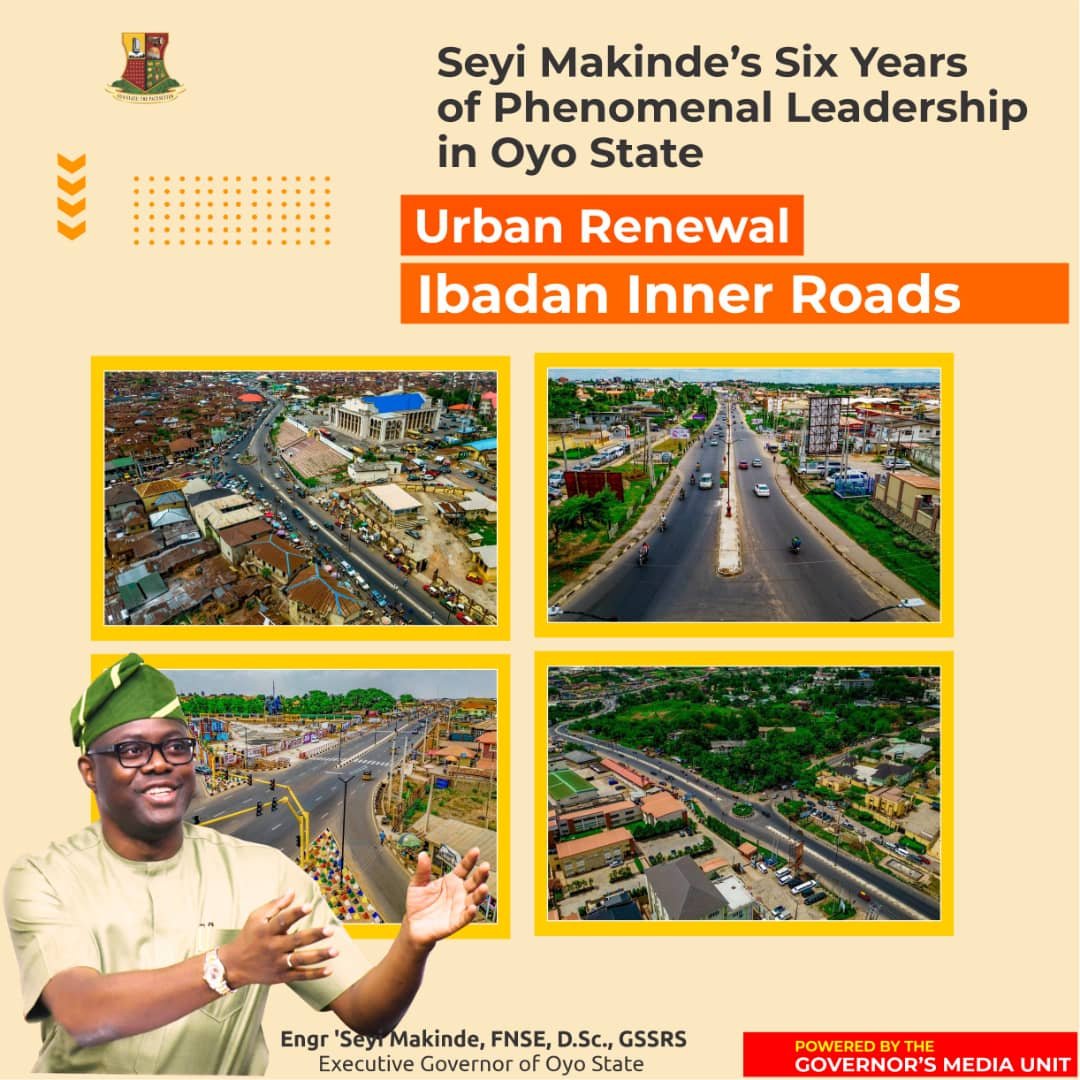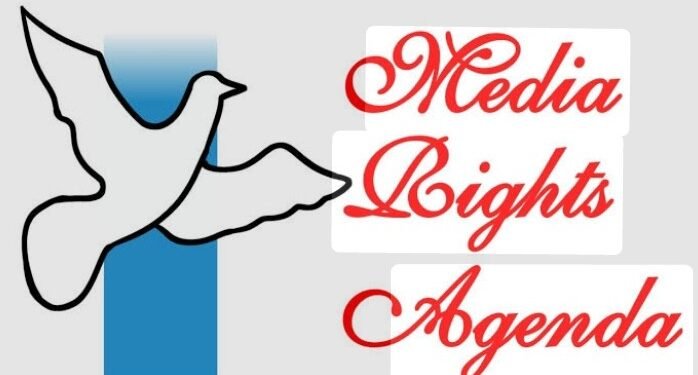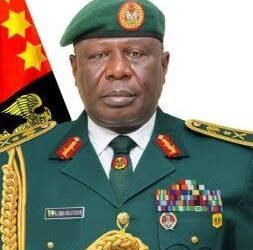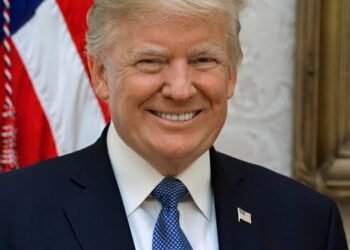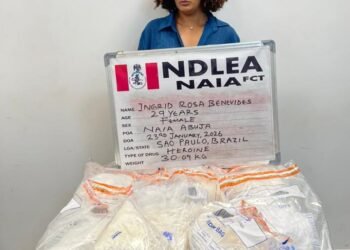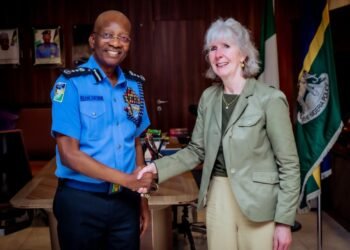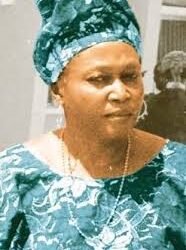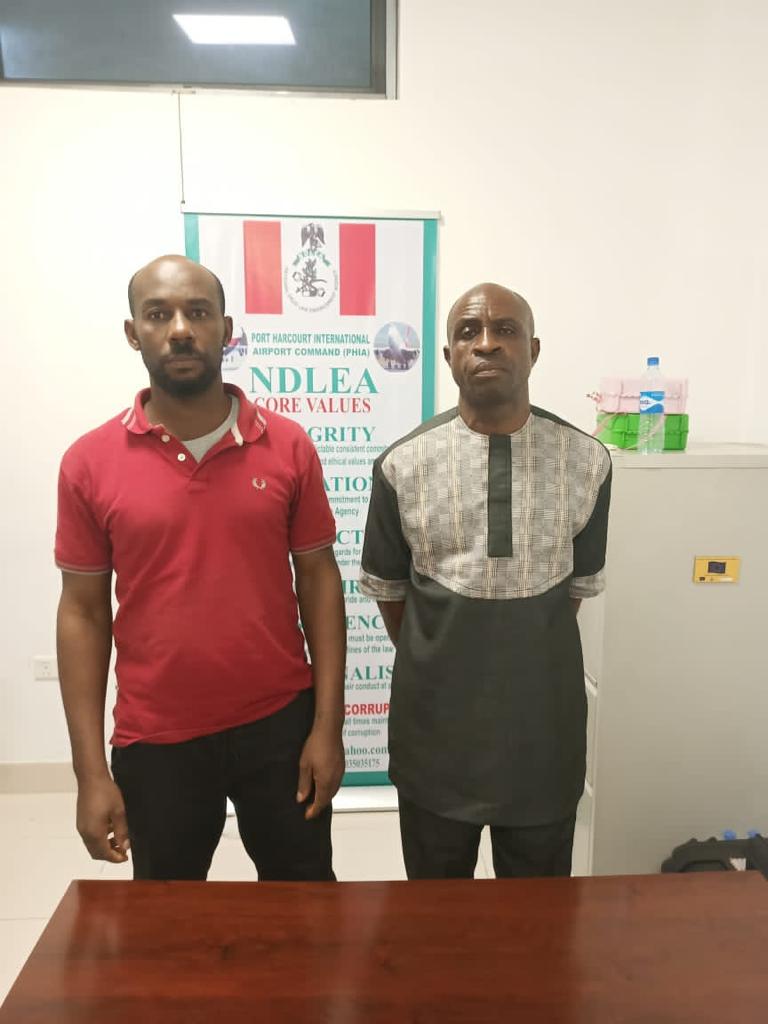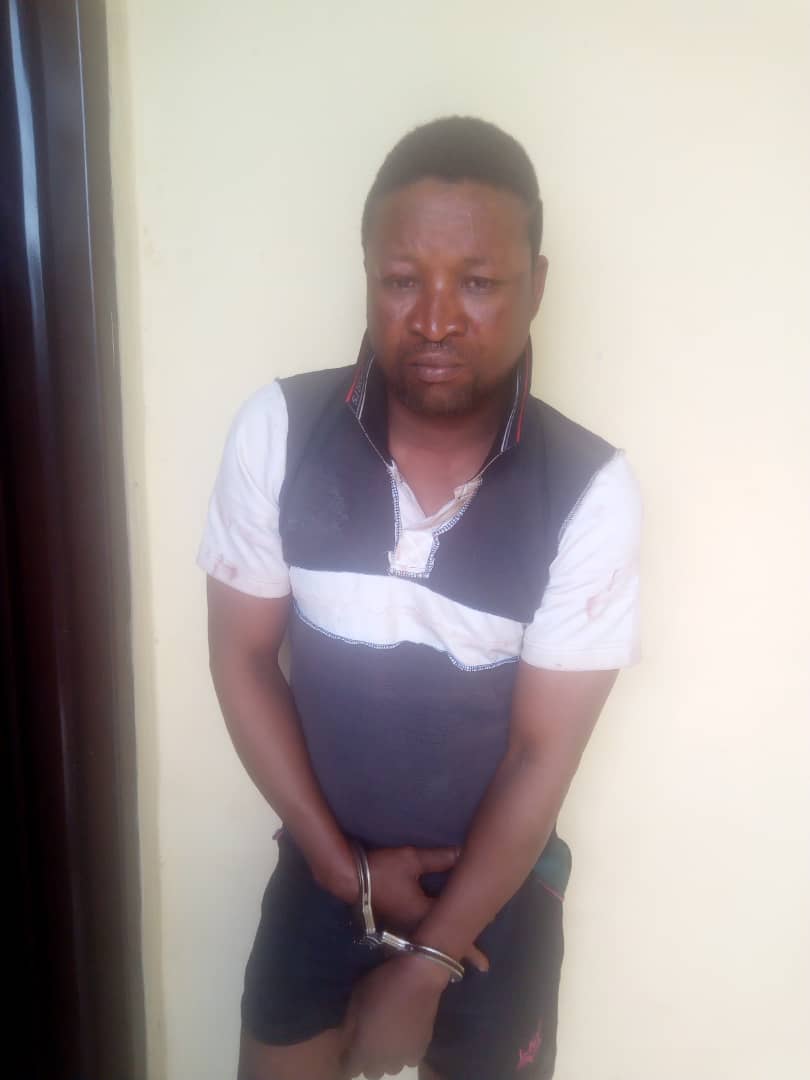Following the recent arrest and detention of Mr. Hassan Mai-Waya Kangiwa in Kebbi State on the orders of Governor Nasir Idris, the Media Rights Agenda (MRA), on Thursday, September 11, condemned the alarming rise in attacks, intimidation, and harassment of journalists across Nigeria.
It will be recalled that Hassan was arrested over the circulation of a video that exposed the deplorable state of facilities at the Kangiwa General Hospital in the State.
The video Hassan posted online showed an elderly patient lying helplessly on a bare metal bed frame without a mattress, sparking outrage across the country and renewed calls for accountability in the health sector.
MRA warned that the trend of harassment, if unchecked, poses a grave threat to media freedom, freedom of expression, and citizens’ rights of access to information.
MRA thereby called on regional and international human rights mechanisms to take urgent measures to redress the situation by closely monitoring Nigeria’s compliance with its human rights obligations and holding the government accountable for breaches of those obligations.
“Rather than addressing the clear neglect and decay in the hospital system revealed in the footage, Governor Idris chose to punish the journalist by criminalising his work and violating his rights as a journalist,” the statement read.
According to eyewitnesses, security operatives stormed Hassan’s residence in Kangiwa town late in the night of Sunday, September 7, 2025, arresting him in front of his family.
His phones and work equipment were reportedly seized during the raid, raising further concerns about the violation of his privacy and professional rights.
Hassan was initially held at a local police station before his transfer to Birnin Kebbi, the State capital, reportedly on the Governor’s orders.
Since then, the police authorities had allegedly refused to disclose the charges against him or grant access to his lawyers, effectively cutting him off from his family, friends, and legal representation.
Noting that the incident is not isolated but part of a disturbing pattern of attacks against journalists in Nigeria who are carrying out their professional duties, Mr. John Gbadamosi, MRA’s Programme Officer, said that “these repeated incidents highlight the deteriorating environment for media freedom in Nigeria.
“The culture of impunity, enabled by government, has emboldened perpetrators, both state and non-state actors, who now attack journalists without fear of consequences.”
He called on the state government to immediately and unconditionally release Hassan, advising Governor Idris to desist from persecuting journalists instead of focusing on addressing the decay in public infrastructure, which his government has a responsibility to fix.”
Mr. Gbadamosi identified other recent cases of attacks against journalists in Nigeria to include, among others:
•The beating of Olatunji Adebayo, a correspondent with The Punch newspaper, in June 2025 and the seizure of his equipment by security operatives while he was covering a protest in Ibadan, Oyo State.
•The July 2025 harassment of Blessing Okonkwo, a freelance broadcast journalist in Anambra State, who was also assaulted by police officers who accused her of ‘unauthorised reporting’ while she was filming a demolition exercise.
•The detention of Ibrahim Garba, a Daily Trust photojournalist in Kano, who was detained for hours in August 2025 and physically assaulted by political party loyalists while he was covering a campaign rally.
•The harassment, intimidation, and verbal assault on Ms Ladi Bala, Transport Correspondent of the Nigerian Television Authority (NTA) and former President of the National Association of Women Journalists (NAWOJ), by Mr. Kayode Opeifa, Managing Director of the Nigerian Railway Corporation (NRC), on August 27, 2025, while she was covering the derailment of a train along the Abuja-Kaduna rail corridor.
Opeifa was reported to have disrupted Ms Bala’s live reporting and ordered security operatives to bundle her from the scene, while threatening to report her to security agencies, the Presidency, and NTA management to ensure that she is dismissed.
•The detention of Sodeeq Atanda, a senior reporter with the Foundation for Investigative Journalism (FIJ), who was arrested by the Ekiti State Police Command on September 9, 2025, in Ado-Ekiti, Ekiti State, after he honoured an invitation by the police over his reporting exposing alleged sexual harassment reportedly perpetrated by Abayomi Fasina, the Vice Chancellor of the Federal University Oye-Ekiti (FUOYE).
•The unwarranted summoning of Fisayo Soyombo, founder of the FIJ, by the Ekiti State Police Command, directing him to appear before the police in Ado-Ekiti on September 15, 2025, for alleged conspiracy, criminal defamation, cyberbullying, and blackmail.
MRA enjoined the Federal Government to order immediate, independent and transparent investigations into all reported attacks on journalists and prosecute the perpetrators, adding that there is a subsisting order by a Federal High Court in Abuja made on February 16, 2024, directing the Federal Government, among other things, to investigate, prosecute and punish perpetrators of all attacks against journalists.
It called on the Federal Government to tow the path of the rule of law and end the pervasive culture of impunity for crimes against journalists by complying with the court’s orders and ensuring that perpetrators of violence and other forms of attacks against journalists are brought to justice.
The organization also urged the African Commission on Human and Peoples’ Rights (ACHPR), particularly its Special Rapporteur on Freedom of Expression and Access to Information in Africa, as well as the UN Human Rights Council and the UN Special Rapporteur on Freedom of Expression, to engage the Nigerian government and raise, as a matter of urgent concern, the country’s growing attacks on journalists and demand accountability for such attacks, and safeguards for media professionals.
Mr. Gbadamosi said: “Nigeria has committed itself to upholding human rights standards at both regional and global levels. It must now be held to account for its failure to live up to these commitments and protect journalists and the media.
“The international community cannot afford to remain silent in the face of these attacks.”


